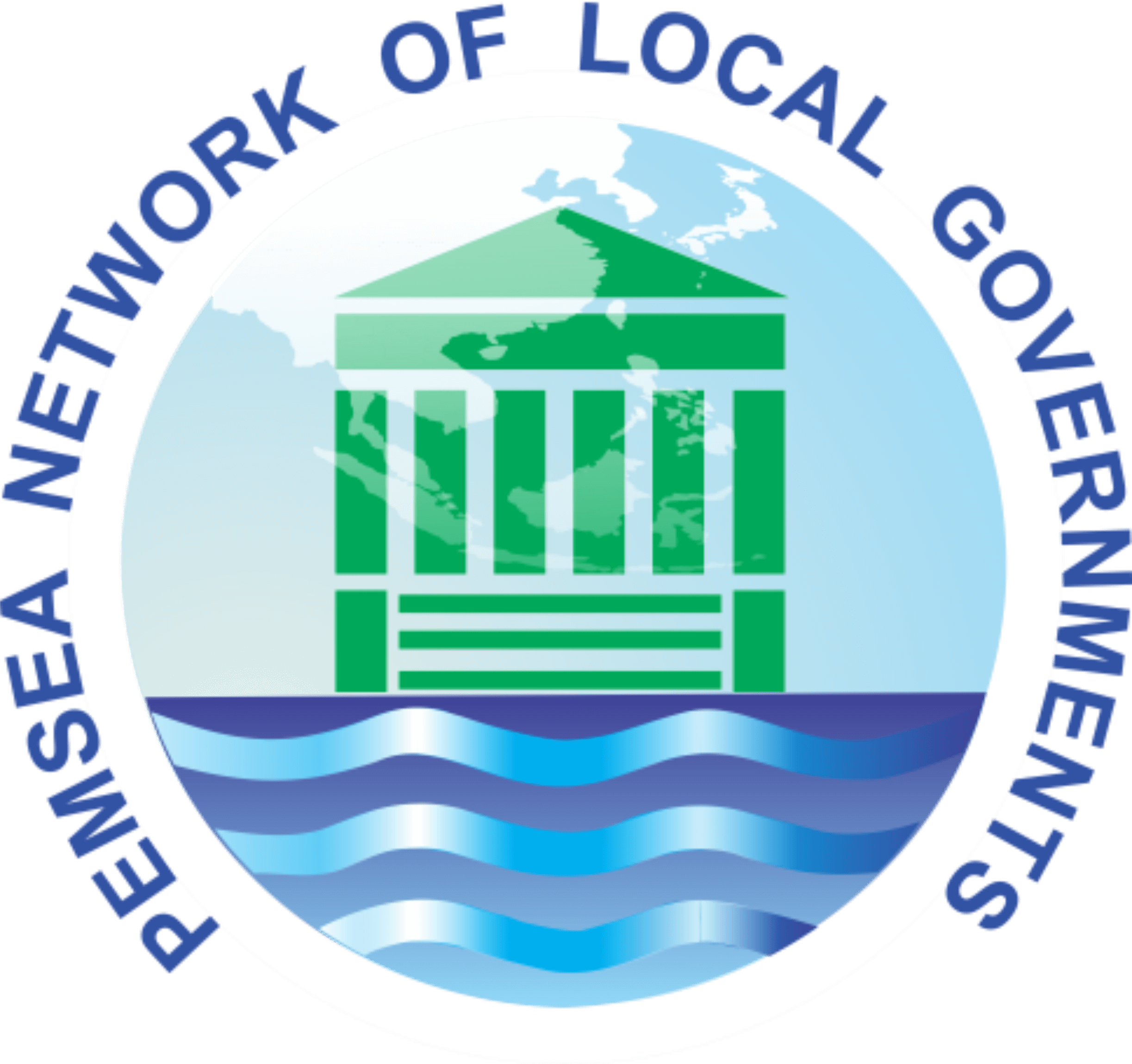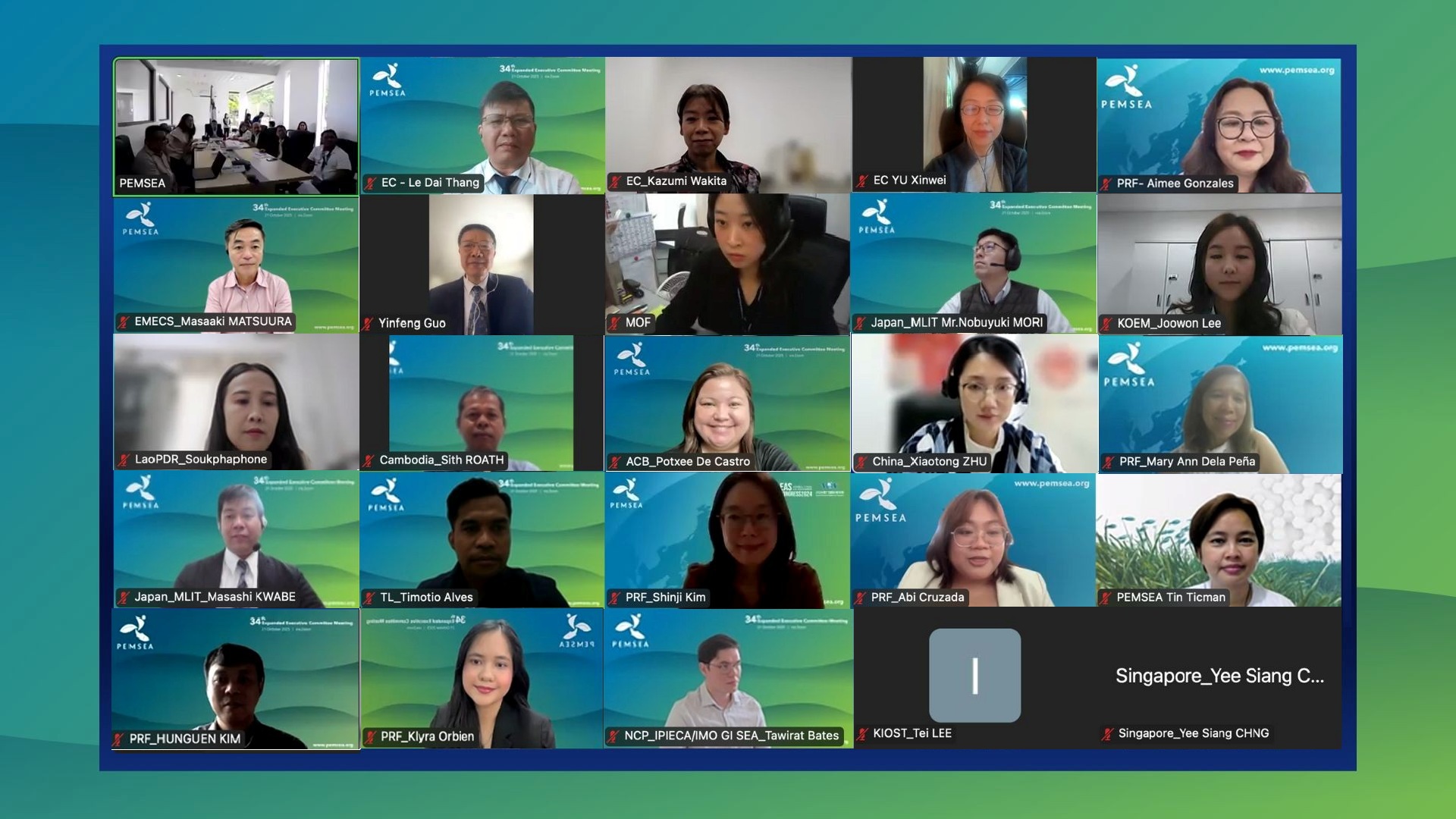Gorontalo Province joins the PEMSEA Network of Local Governments (PNLG)
Tuesday, 25 October 2022

The PEMSEA Network of Local Governments looks forwards to the participation of a new member, Gorontalo Province. Gorontalo is a past practitioner of Integrated Coastal Management (ICM), and seeks to build on this for sustainable development purposes and to meet the UN Sustainable Development Goals (SDGs).
Gorontalo lies along a large peninsula of the island of Sulawesi, made up of five regencies and one city covering 12,045.91 km2 (Gorontalo District at 2160.36 km2, Boalemo District at 1,831,05 km2, Bone Bolango District at 1,889 km2, Pohuwato District at 4,370.17 km2, North Gorontalo District at 1,724.40 km2, and Gorontalo City at 70.93km2). To the north lies the Sulawesi Sea, with the Tomini Bay in the south separating it from the main body of the island.
The coastline of the province is 903.7km long, 572.5km of which lies on the northern coast, and 331.2km of which is the southern coast. Due to Act No. 32/2014, Gorontalo is responsible for managing waters up to 12 miles from the coastline, an area of 9,638.43 km2 covering 127 islands. The area lies within the biodiverse coral triangle. The southern coast forms part of the semi-enclosed Tomini Bay. Many islands and other areas of water are managed as nature reserves. The people of the province have close links to the ocean. Coastal areas continue to be used for fisheries, tourism, living, and other activities.
Past experience with Integrated Coastal Management (ICM)
Gorontalo adopted ICM soon after its formation, acting through the Marine Coastal Resource Management (MCRM) Project under the Fisheries Ministry, which was a coastal development program lasting from 2002 to 2006. This initial action saw the production of ICM planning documents to guide future development, and participation in coastal community empowerment programs.
ICM was sought as a development tool to help manage ongoing environmental issues that had emerged in the province. Increasing river sedimentation had begun to impact the quality of coastal environments. Mangroves had been lost to increasing mariculture. Coral reefs were damaged by dynamite and chemical fishing, as well as harvesting for sale. Pollution in coastal waters was increasing.
Tackling these problems required a number of challenges to be overcome. Coastal economic activities were often small-scall and ineffective, including in the mariculture, capture fisheries, and tourism sectors. There was limited infrastructure and connectivity between these different sectors. Those sectors that did grow rapidly were leading to unsustainable coastal resource exploitation.
Other challenges were social, driven by a lack of capacity and low participation in environmental issues. Although spatial management plans existed, they were difficult to enforce and monitor in practice.
ICM allowed these challenges to be tackled in a holistic framework. Notable progress has been made in baseline assessments of understanding the state of the ocean and coastlines, in rehabilitating mangrove areas and coral reefs, and on local food safety and security.
Continued work since then has seen ICM embedded in the Strategic Planning Document of the Fisheries Office, and as a mechanism for sustainable development in the 2023-2026 Provincial Government midterm planning document. The Fisheries Office has been joined by Bappeda (the provincial development planning agency) in some of its ICM activities. Gorontalo’s application for membership was accepted in July 2022 by the PNLG Secretariat.
Vision for the future
Gorontalo sought to join the PNLG in order to be able to share its ICM experiences with other local governments throughout the region. The cooperation with PEMSEA and other PNLG members is expected to bring further knowledge sharing and capacity development opportunities. Such support is sought in particular for efforts in the fields of regional seas management, food security, habitat protection, marine pollution, and the blue economy. Collaboration will also be extended locally beyond existing participants, seeking to involve local academic, NGOs, and local communities.
Future efforts aim to further synergize existing programs by implementing an ICM coordination mechanism. The ICM approach and ICM demonstration programs will be promoted at city and district levels. Some potential focus sites have already been identified:
- Conservation areas in Bone Bolango District (Olele marine conservation).
- Conservation areas in Gorontalo District (Biluhu marine conservation).
- Water resources around Gorontalo City (ICM approach within Gorontalo Bay / the estuarine of Bone River).
- Water resources in North Gorontalo District (ICM approach within Kwandang Bay).
- Tourism areas in Boalemo District (Bolihutuo white sand beach).
- Tourism areas in Pohuwato District (Pohon Cinta Beach).



